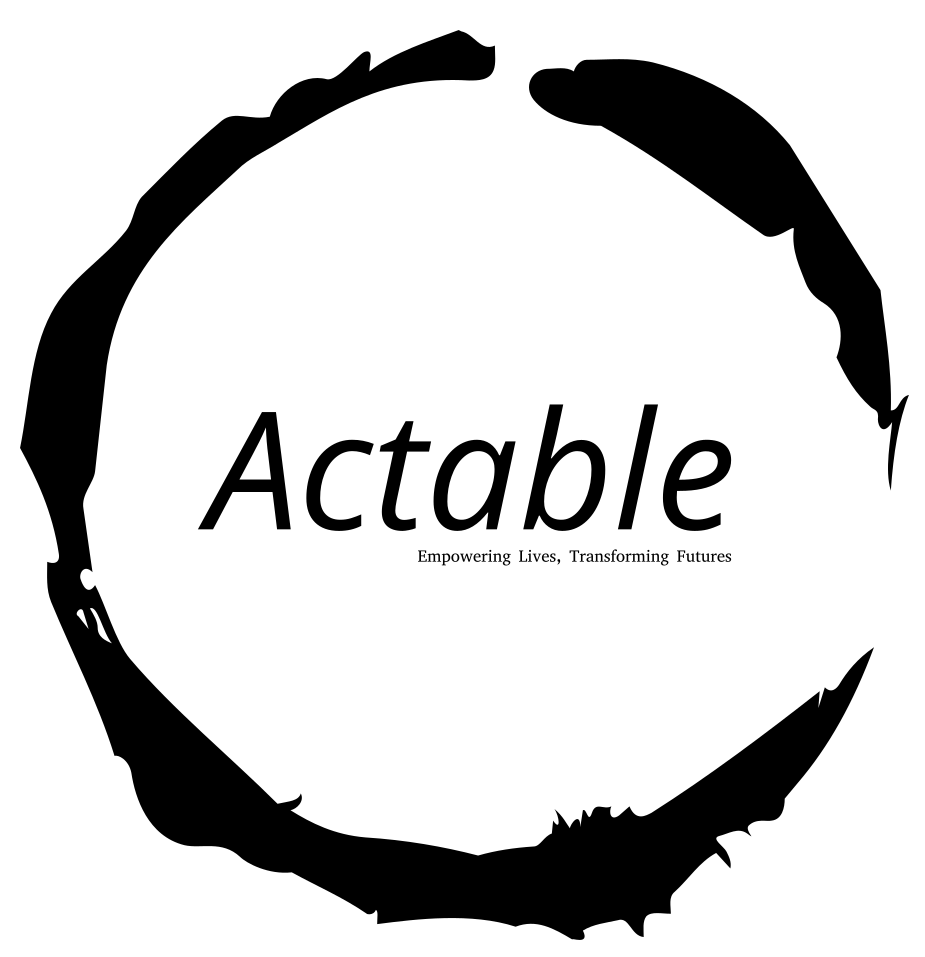Zakat: A Powerful Tool for the Sustainable Development Goals
Zakat, the obligatory Islamic charity, stands as a powerful tool for achieving the Sustainable Development Goals (SDGs). Its focus on poverty alleviation, social justice, and community well-being aligns perfectly with the SDGs’ aim to create a more equitable and sustainable world for all. Let’s delve into how zakat contributes to specific goals:
Zakat’s primary purpose is to fight poverty. It provides direct financial assistance to the poor and vulnerable, enabling them to meet basic needs like food, shelter, and healthcare. This immediate support can break the cycle of poverty, allowing individuals to invest in education, skills development, and starting small businesses.
Zakat funds healthcare programs, builds hospitals and clinics in underserved areas, and provides access to essential medicines and vaccinations. It also supports initiatives promoting sanitation, hygiene, and healthy lifestyles, contributing to overall well-being and disease prevention.
Zakat promotes gender equality by providing specific support to women. This includes microfinance initiatives for women entrepreneurs, skills training for economic empowerment, and educational opportunities to break gender barriers.
Zakat helps ensure food security by supporting agricultural initiatives, providing food aid to the hungry, and empowering communities to build sustainable food systems. This not only addresses immediate hunger but also invests in long-term solutions like drought-resistant crops and efficient irrigation systems.
Zakat funds scholarships, builds schools in remote areas, and supports educational materials and teacher training. This empowers individuals, especially girls, to access education, acquire skills, and contribute meaningfully to society.
Zakat funds water wells and sanitation projects in communities lacking access to clean water. This protects health, dignity, and environmental sustainability, while also empowering women who often bear the burden of water collection.
Zakat supports renewable energy projects, providing communities with access to solar panels, biogas systems, and other clean energy solutions. This reduces reliance on fossil fuels, combats climate change, and promotes environmental sustainability..
Zakat’s focus on social justice tackles inequalities by bridging the gap between the rich and the poor. It promotes inclusive development, empowers marginalized communities, and ensures everyone has a chance to thrive.
Zakat creates jobs through microfinance initiatives, skills training programs, and support for small businesses. This fosters economic growth, reduces unemployment, and empowers individuals to contribute meaningfully to the workforce.
Beyond Direct Impact: Zakat goes beyond direct financial assistance. It fosters a culture of philanthropy, volunteerism, and community responsibility. This collective action strengthens social fabric, builds resilience, and empowers communities to address their own challenges.
Challenges and Opportunities: While zakat’s potential is immense, challenges remain. Fragmented zakat collection systems, lack of transparency, and limited focus on long-term sustainability projects require innovative solutions. Collaboration between governments, zakat institutions, and development agencies can unlock zakat’s full potential and accelerate progress towards the SDGs.
In conclusion, zakat is not just a religious obligation; it’s a powerful tool for building a better world. By harnessing its potential and addressing existing challenges, zakat can play a transformative role in achieving the SDGs and creating a more just and sustainable future for all.
